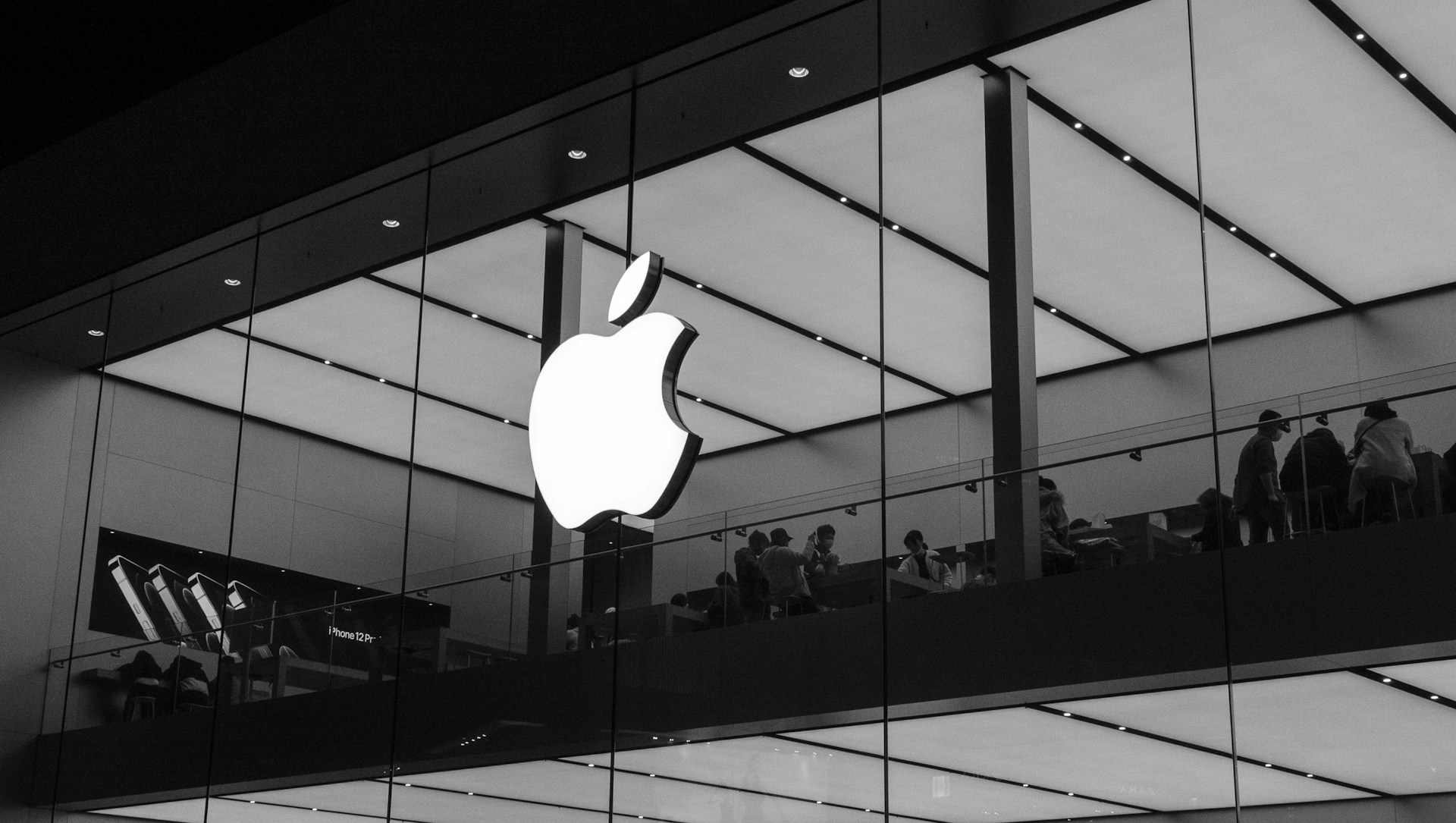
23 Aug Apple to allow deletion of pre-installed apps in compliance with EU regulations
Updated on August 23, 2024 by David Lalire
Apple will soon allow iPhone and iPad users in the European Union to delete some of its pre-installed applications, including key apps like the App Store and Safari, in compliance with the European Union’s Digital Markets Act (DMA). This software update, expected by the end of the year, represents a significant move towards opening up the mobile app market in Europe and creating new opportunities for third-party tools to replace Apple’s own apps.
Among the apps that users will be able to delete are Messages, Photos, Camera, and Safari. Currently, these apps cannot be removed from an iPhone or iPad. Apple announced these changes in a quiet developer update, stating, “By the end of this year, we’ll make changes to the browser choice screen, default apps, and app deletion for iOS and iPadOS for users in the EU. These updates come from our ongoing dialogue with the European Commission about compliance with the Digital Market Act’s requirements.”
Allowing the deletion of the App Store is particularly noteworthy, as the App Store is Apple’s primary mechanism for controlling which apps appear on iPhones and iPads. It also generates substantial revenue for Apple through in-app purchases, which typically require the use of Apple’s payment services. The introduction of third-party app stores could reduce Apple’s control over its ecosystem, potentially leading to new privacy and security challenges.
In addition to the App Store, Apple will also introduce a new browser choice screen for EU users. This change is significant financially, as Google currently pays Apple billions of dollars annually to be the default search engine on Apple devices. Soon, Europeans will have the option to choose between 12 different browsers, including popular ones like Google Chrome and Apple’s own Safari, as well as lesser-known options like Opera, Microsoft Edge, and Firefox.
The ability to delete the App Store marks a major shift, as it has been the primary means of accessing new applications on iPhones and iPads. While there are emerging third-party app stores like Aptoide, AltStore, and AppValley, none currently match the breadth and capability of the official App Store. However, Apple’s compliance strategy under the DMA requires developers who opt out of the traditional App Store to pay a Core Technology Fee, which could make profitable business through third-party app stores challenging.
In addition to app store choices, European users will also gain new default settings options for phone dialing, messaging, text translation, navigation, password management, keyboards, and call spam filters in future software updates, according to Apple.
For further details, see these sources:
The Wall Street Journal, August 22, 2024
Photo: Bangyu Wang, Unsplash

